Romance is a means to the end of self-completion, but love is an end in itself
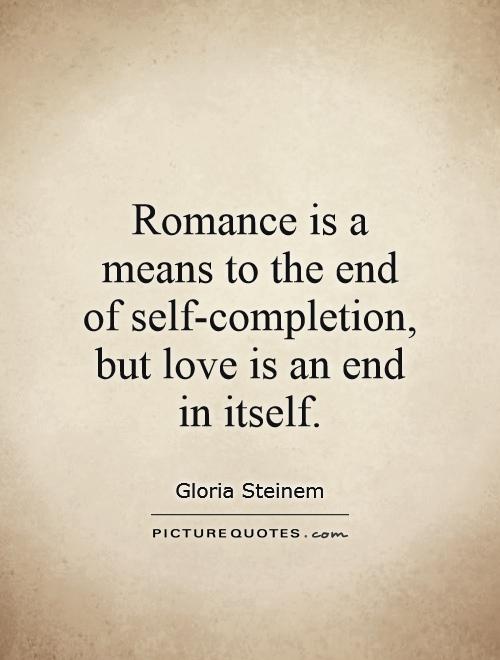
Romance is a means to the end of self-completion, but love is an end in itself
Gloria Steinem, a prominent feminist and social activist, has long been an advocate for the empowerment of women and the importance of self-love and self-fulfillment. In the context of the statement "Romance is a means to the end of self-completion, but love is an end in itself," Steinem's beliefs align more closely with the idea that love is an end in itself.Steinem has often spoken out against the idea that women need to find fulfillment through romantic relationships or through the validation of others. She has emphasized the importance of women finding self-fulfillment and self-completion through their own achievements, passions, and relationships with themselves. In this sense, Steinem would likely argue that romance can be a means to the end of self-completion, but it is not the only or most important means.
On the other hand, Steinem has also emphasized the importance of love in all its forms - love for oneself, love for others, and love for the world. She has spoken about the power of love to bring people together, to create positive change, and to inspire individuals to be their best selves. In this sense, Steinem would likely argue that love is an end in itself - something that is valuable and important in its own right, regardless of whether it leads to self-completion or not.
Overall, Steinem's beliefs about romance and love align more closely with the idea that love is an end in itself. While she acknowledges the potential for romance to contribute to self-completion, she also emphasizes the importance of love as a powerful force for good in the world. Love, in all its forms, is something that should be cherished and nurtured, both for the benefit of individuals and for society as a whole.
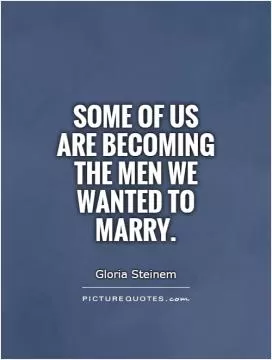
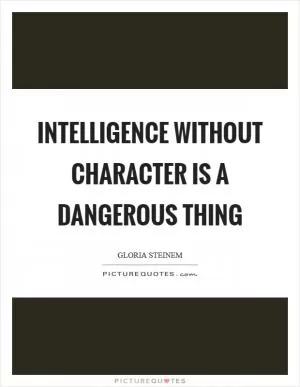
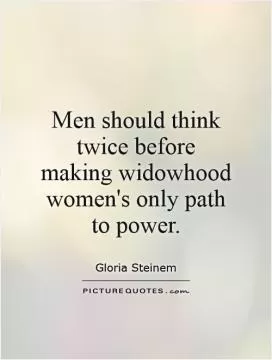
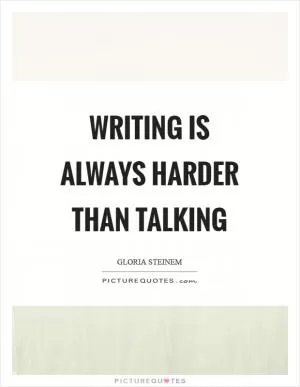

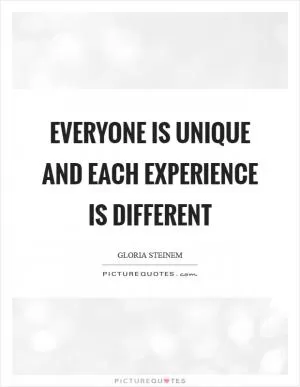
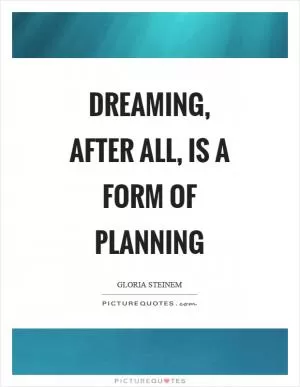
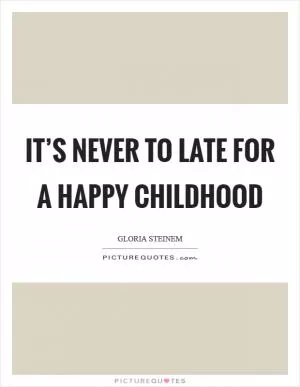
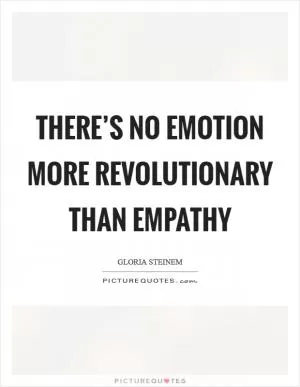

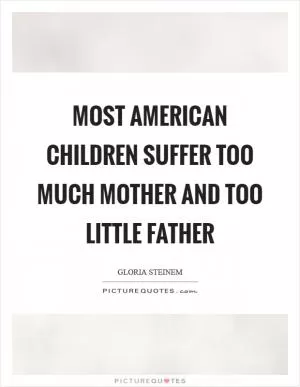
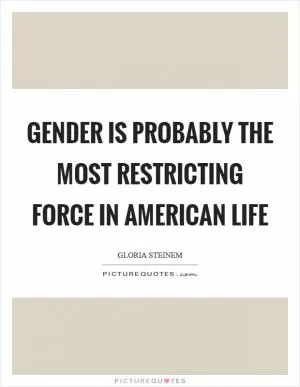
 Friendship Quotes
Friendship Quotes Love Quotes
Love Quotes Life Quotes
Life Quotes Funny Quotes
Funny Quotes Motivational Quotes
Motivational Quotes Inspirational Quotes
Inspirational Quotes